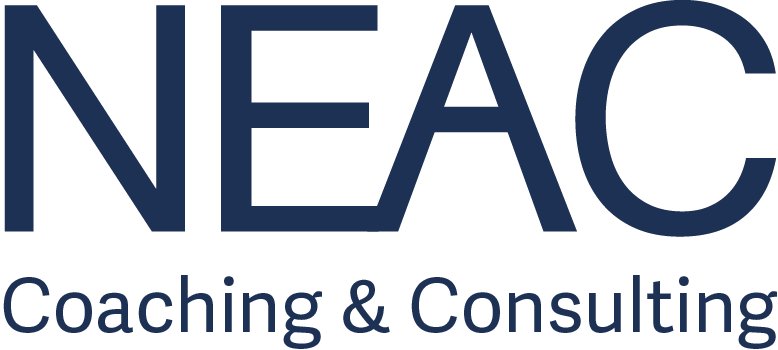Frequently Asked Questions
-
While coaching can be very helpful for people struggling with performance, leadership or interpersonal issues, it can also help people who are high performers who strive to be even more effective. Maybe you are pursuing a new role with your company or have recently been promoted to a leadership position.
Maybe you want your career to be more impactful. A coach can help you set goals, identify obstacles and hold you accountable. Many leaders in business, government and healthcare engage leadership and performance coaches to be more effective and impactful in their work and to become better leaders.
-
Anyone can benefit from leadership and performance coaching regardless of their job title. The coaching process helps you identify professional goals, barriers to achieving those goals and actions to help you achieve your goals. The coach partners with you in a collaborative, confidential relationship designed to help you improve in the areas you choose to work on.
-
The relationship you have with a coach is a unique one. A coach is there for you alone. They are objective and not attached to any particular outcome. Their goal is to help you understand what you want and how to work toward the best outcome for you. You will not need to worry about looking insecure or afraid. You will not need to worry that something you say will be held against you or used against you in the future. A coach will not tell you what to do, but will facilitate you finding the answers and actions that are right for you.
-
While both coaching and mentoring are valuable relationships that can help us grow, they are very different. Mentors are people with specific knowledge and/or experience in your field. They help guide you and give advice about how to advance professionally within your field. A mentorship relationship is often informal and may last for years. A coaching relationship is formal and has specific goals and a limited, predetermined timeframe. A coach does not necessarily need to have specific experience in your field since their goal is to coach you on topics that you bring to them and not to give advice or tell you what to do. While a mentor can help guide you, a coach helps you to harness the strength and wisdom inside you to tackle difficulties and make strides toward your goals.
-
Coaching and counseling are both supportive practices aimed at helping individuals improve their lives, but they differ significantly.
Coaching focuses on achieving specific goals, enhancing performance, and professional development. Coaching is future oriented. Coaching is action oriented. Coaches assume clients are creative, capable and resourceful and guide them to find their own solutions.
Counseling is a therapeutic relationship focused on resolving emotional, psychological or behavioral challenges. It is often rooted in understanding past experiences to address current issues.
Both coaching and counseling can be valuable, but one cannot be a substitute for the other. If your coach senses that the topics and issues you are bringing forward are more appropriate for counseling they will recommend that you seek those services either instead or in addition to coaching.
-
It seems that it would be easier if the coach would just tell the client what to do. Isn’t the client paying for help to solve their issues? An ICF certified coach carries the mindset that their client is creative, resourceful and whole. The client is the expert in their own life and career. The coach's job is to help the client clarify their thinking about how they relate to the topics that they are bringing to the coaching relationship. The coach asks powerful questions which help the client think about what is important to them and how the topic relates to their values and goals. The coach helps the client better understand whether there may be ways of thinking which are interfering with making progress in regard to a given topic. This process helps the client to come up with actions that will help them move forward. When we come up with our own solutions, we are more likely to follow through and have lasting changes compared with when we are told by someone else what to do.
-
If you are interested in coaching I recommend a free 30 minute session to get to know me and see we have a good connection. It will give you an opportunity to ask questions regarding the coaching process and logistics.
Click here to to setup a free 30 minute session.
-
Sessions are usually every other week although schedules can be customized based on a client’s needs.
-
Yes. Homework is designed to help the client keep momentum going between sessions. Sometimes it is a reflective question asked by the coach at the end of the previous session. Sometimes it can be a written exercise. More commonly it will be to act on action items that the client identifies for themself at the previous session.
-
Coaching sessions can be held by video call or phone call, and if possible in person. These different ways of meeting have their own strengths and weaknesses. Some people really like a video call so that they can see me while we are talking. Some people have too many video calls in their lives and prefer talking on the phone. If geography makes it work, some really like meeting in person. As a coach, I am happy to meet in whichever way is most comfortable for the client. I do have two conditions. Neither I nor the client can be driving a car during the session, and only the client and myself are present for the meeting.
